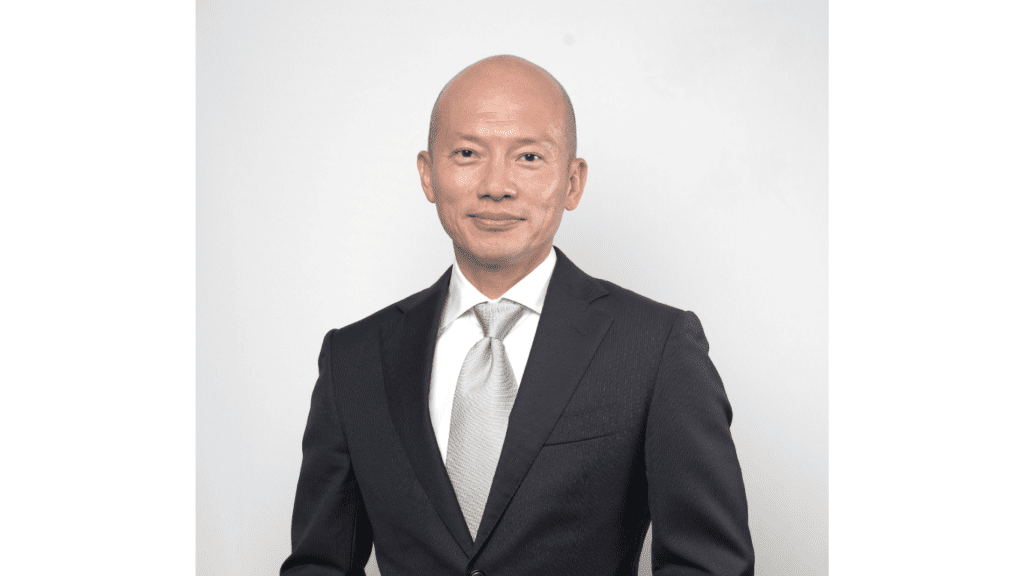Investments are a circular flow of financial institutions working structure. To look at the purview of the cash flow scenario, investments are needed to predict the future and survive the present. When investments take place, the core stature holds on the developmental aspect.
Sustainability is related to the resilience of any organization, Gunung capital approaches environmental aspects in the capital flow platform.
Gunung Capital is part of the same organization that operates Gunung Raja Paksi, one of the biggest privately owned steel manufacturers in Indonesia. Being a private investment company, it mainly focuses on impact investments guided by environmental, social and governance (ESG) frameworks. It supports the environmental cause by investing and supporting carbon markets, encouraging adoption of decarbonisation technology and related innovation, establishing carbon credits and directing more capital into sustainable enterprises.
Promoting sustainable enterprises
Kelvin Fu, the managing partner at Gunung Capital explains that it is imperative for them to meet the Paris goals and hence, while being part of Gunung Raja Paksi and investing in building materials, they are investing in companies that support climate action. The key reason behind the increasing Chinese exports is their macro policies. China’s export of steel to the world changed dramatically last year, as a lot of pressure on the Chinese government has been imposed to restrict their exports to reduce carbon emissions, subjectifying China’s reduction significantly. Kelvin reveals, “Many players have approached us, as our steel is highly competitively priced with high quality. So, we have started to see more and more interest in Indonesian Steel mills.”

He further states, “India continues to be a very large exporter of steel. I don’t think we are direct competitors. I think the exit of China from middle south east Asia and other countries really allow Indonesia to shine, as we exist in a middle eastern nation.” Anything that emits less carbon seems to be more viable, financially and on the social front. It is important to take note here that the company operates electric arc furnaces, replacing coal-powered furnaces.
Indonesia is still dominated by thermal coal power plants. However, many of the local distributors and the power companies in Indonesia have taken the steps towards a green power project. Kelvin explained another key aspect of these sustainable green practices, “The ESG sustainability linked finance helps to acquire cheaper credit from the banks and other developmental financial institutions like the World Bank and IFC.”
The EU carbon tax is USD 50-60. Every time you emit carbon you pay additional tax. This is causing a lot of companies to take a very serious look into climate change. That is why in the US and Europe, we see a lot of climate target goals. In Asia, it is starting to be more and more prevalent. Indonesia, for example, recently announced the carbon tax. Throughout Asia, the carbon tax is much lower at around $2 and $10, whereas in the EU it is around $60. The cost of the business in the EU is high. Banks today, are very particular about companies meeting their SDG goals.
Kimin Tanoto, CEO of Gunung Capital further stressed on this point, “Adaptation of ESG policies, particularly on carbon taxation policy, is important due to the high cost of manufacturing and heavy carbon emitters. If developing countries like Indonesia and India ignore carbon taxation, we will not be able to export, as export is very essential. The EU will ask for an ESG stamp from your company that includes mining, natural resources commodities and steel. If we don’t follow the EU game then the export market will be closed.”

Paving the path for environment conservation
Gunung Capital has collaborated with IPB university to support some of the research and to promote environment conservation conversations. Through this collaboration, Gunung Capital intends to encourage the entire university and subsequently, the companies of Indonesia, to take a closer look at saving the environment.
Kimin tells us, “ESG is not a well-developed concept in the business community but we have many companies and even non-NGOs coming to us for support. If we identify with the cause then we do support them.” He explains that their approach towards achieving sustainable goals helped them tackle many hurdles during the COVID-19 pandemic. He explains, “We executed our change management, restructured our contracts and our team, and recruited a lot of people. The whole structure management, the crisis management measures taken helped in posing for positive performance.”
The Indonesian government has recently adopted a few initiatives on the ESG front. The Indonesian government is going to impose a carbon tax of $2, which interestingly, was supposed to be set at $5 initially. Kimin is currently raising awareness of the ESG benefits and shaping the policies along with the ministers of Indonesia.
Today, the coal power plant’s asset valuations over the last three years has lost 50%. Coal power plants have no buyers and no banks are coming forward to grant finance. Carbon border adjustment tax is going to be the non-trade barrier in the near future, especially for trade with countries like Europe, China and the US. Failing to adopt ESG would not only attract high taxes but would also leave the company with stranded assets. Materials that cannot be mitigated could opt-in for CCS (Carbon Capture and Storage). However, these are really expensive with today’s technology. Hence, it is always viable to choose renewable forms of energy to attain energy efficiency. Kimin reveals that the capex required to attain carbon neutrality, at least in the next 20 years, is three times of the equity.
As a word of advice, Kimin shared, “Impact investment is the word to keep in mind and the opportunity is very wide. Invest in renewable energy. Carbon, both voluntary and compliant is a very big potential holder. Innovations are going to occur towards achieving carbon-neutral goals. Innovations are still going on for a carbon-neutral steel plant or a chemical plant. It is highly recommended to invest in the technology. The online platforms are going to be big and we are going to see a whole lot of opportunities coming up to achieve carbon neutrality more efficiently.”
Excerpts of an interview with Ujal Nair. Article by Ramya S






